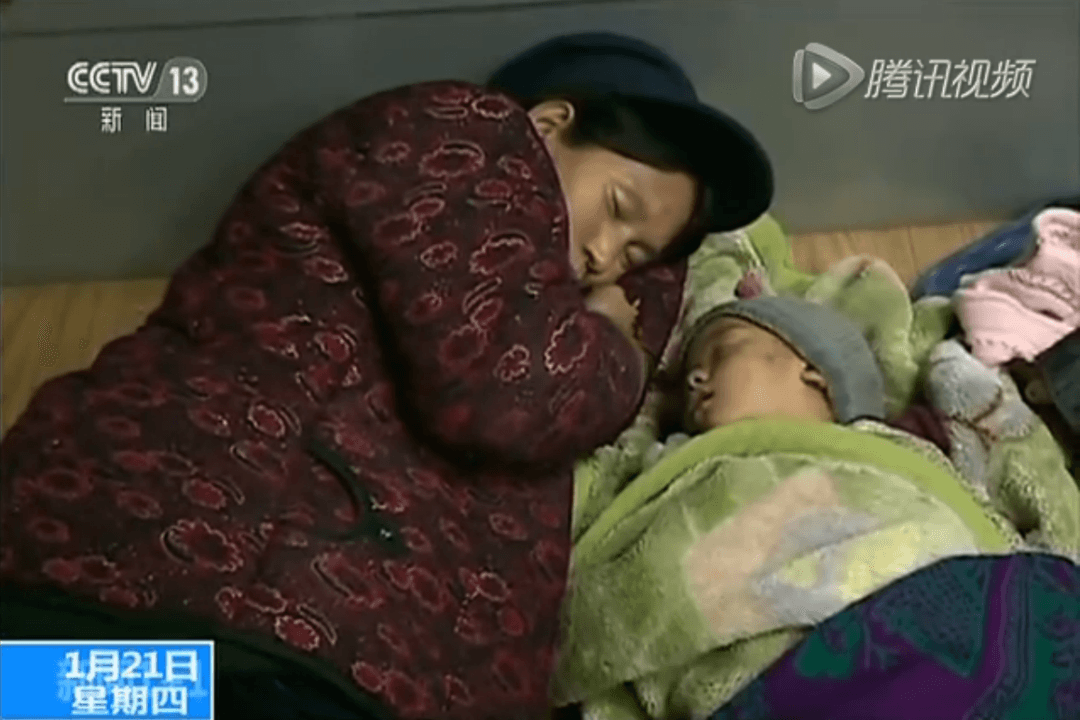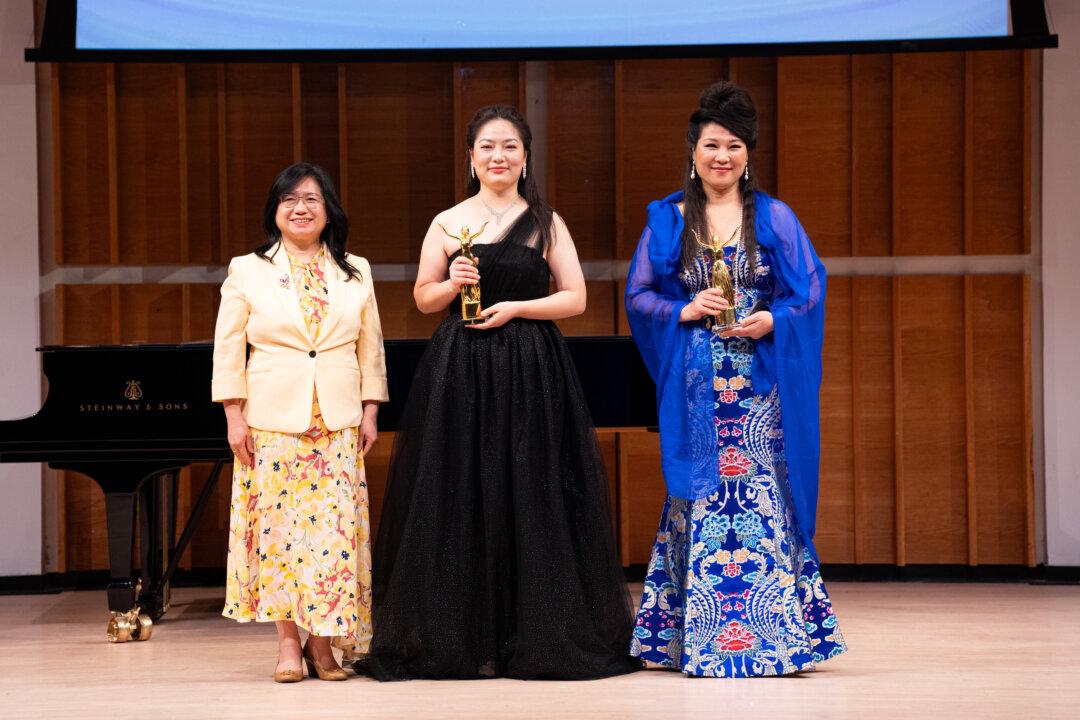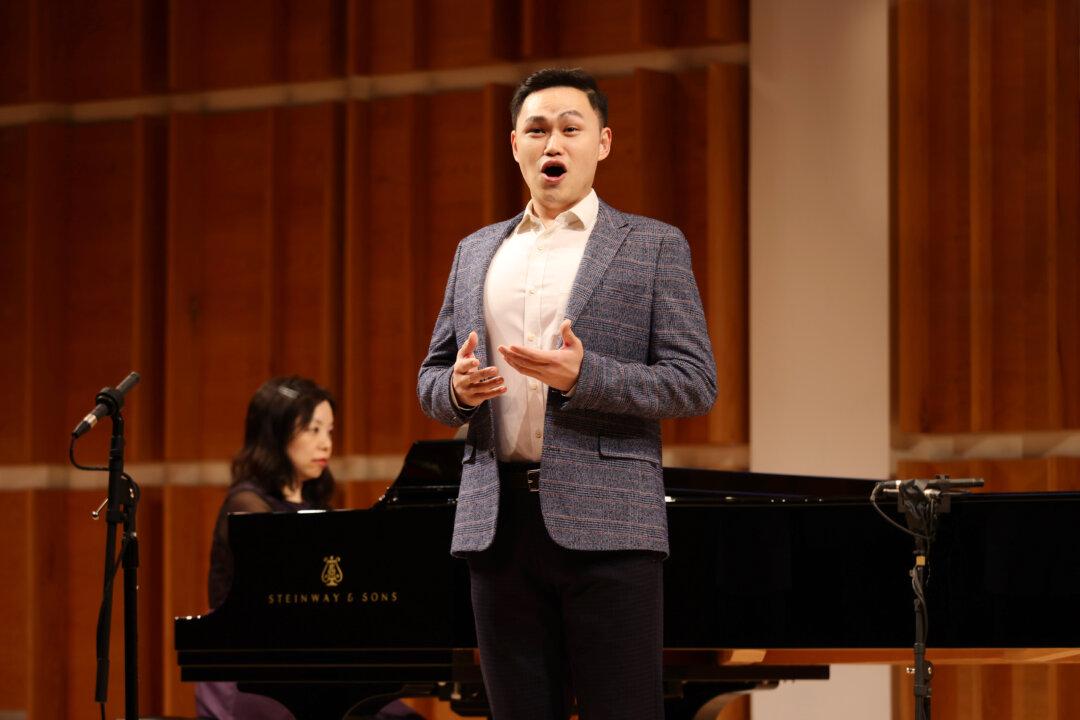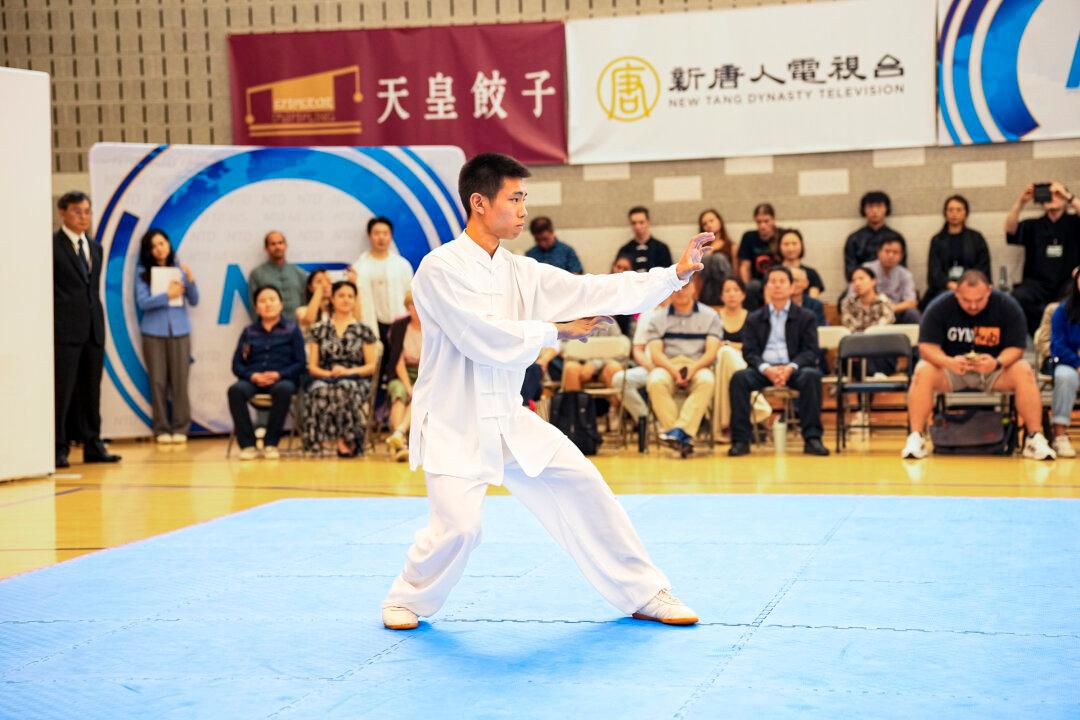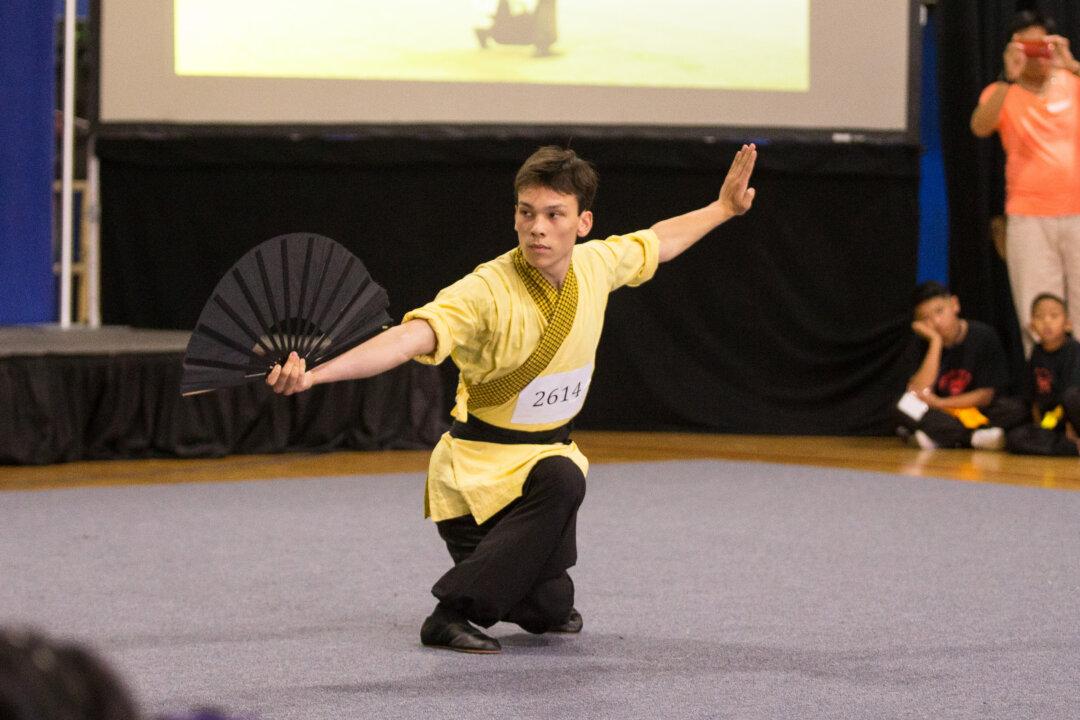A human trafficking ring was unveiled in eastern China this January when authorities rescued 15 infants, some of them from their own mothers.
The case began last September when police discovered a couple travelling between Shandong Province and Sichuan, a southwestern province. The couple would buy babies in Liangshan, Sichuan, and transport them to Shandong for sale.
Chen Shiqu, director of the police agency that handles kidnapping, told the state-run Shandong Television that the ringleader was a certain Mr. Ha.
“He arranged for expectant pregnant women to go to Linxi, Shandong, to sell the babies upon birth,” Chen said.
Police raiding the trafficking operation found a derelict house with foul air. Three male suspects lived in one room, while eight women and their newborns shared two rooms totalling about 100 square feet in area.

